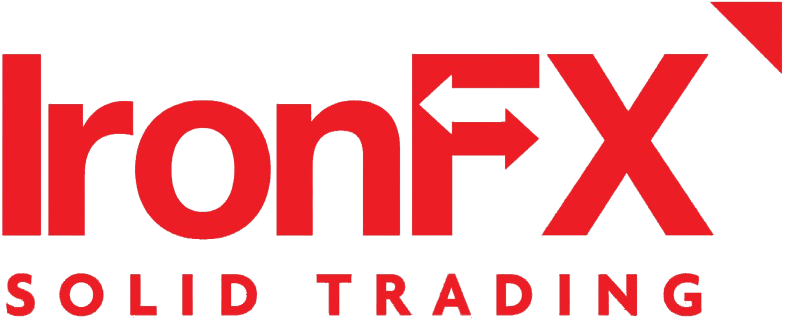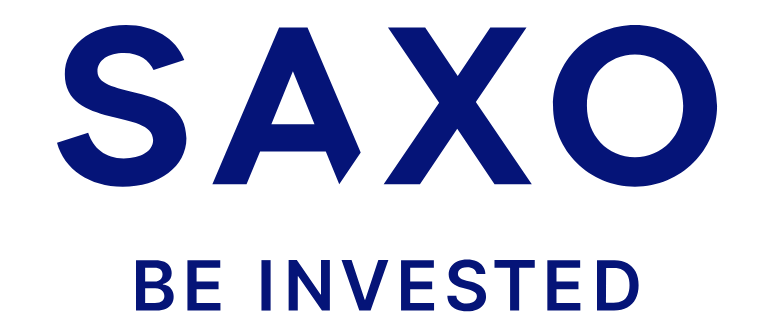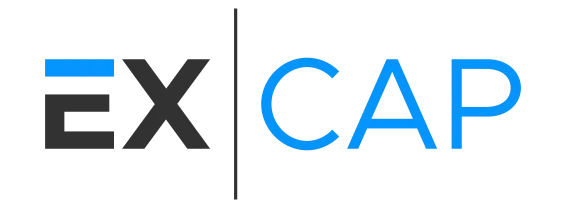Investing Apps:Comparison & Reviews of Brokers
What does a broker do?
A broker facilitates trading on the markets. It can be a company, an institution, or even a single person. In this digital age, you don’t have to meet brokers in person or call them. Today, the term “broker” typically refers to an online platform, whether in the form of a website or a mobile app.
If you want to invest, you simply cannot do without an online broker. Thanks to its connection to liquidity providers in the financial markets, it can do a lot for you. It will arrange the purchase and sale of various types of financial assets for you. It will allow you to trade securities around the world. It will provide you with market analyses and other valuable professional materials. To a certain extent, they will protect you from complications and pitfalls in the markets. They can also manage your portfolio.
Of course, brokers charge for these and other services. Different brokers have different fees – sometimes even zero. As for trading fees, brokers most often charge either a spread (the difference between the selling and buying price) or a commission (a percentage of the trade volume or a fixed fee).
In addition, find out whether your chosen broker charges fees for inactivity, deposits and withdrawals, account maintenance, and more. However, fees are not the only thing you need to watch out for – read on to find out more.
Which broker is the best one?
When choosing a broker, make sure that they have a valid and trustworthy license, and that their activities are legal. Countries within the EU have a system of mutual recognition of licenses.
For example, Trading212 legally provides its services in the Czech Republic through a regulated European entity called Trading 212 Markets Ltd., which is regulated by the Cyprus Securities and Exchange Commission (CySEC), from which it has the appropriate license. The broker may also have a license from the Czech National Bank as the primary market regulator in the Czech Republic.
You can check whether the license of your chosen broker is valid on the CNB website. In addition, according to the regulation, the broker itself is obliged to answer your questions about exactly what license it has and from which country.
Licenses from offshore countries are subject to less stringent regulations than those from the EU and cannot be considered the most trustworthy, even though they are common practice and attractive to many investors due to their trading conditions in tax havens. An offshore license does not necessarily indicate fraud, but it does call for greater caution.
The next step is to assess how transparently and clearly the broker presents its activities and offers its various types of services. As a user of the brokerage platform and an investor, it should be crystal clear to you what you will get from the broker and under what conditions.
Nowadays, it is also standard for online brokers to offer a free account version or the option to set up a demo account. This allows you to explore the various features of the platform and try out different functions before committing to a broker.
What types of brokers are there?
We could divide brokers into different types according to several criteria. However, for you as a client, the most important difference is how different types of brokers process your trading orders. They differ in their business model.
There are three types of brokers that everyone should know about: STP, ECN, and Market Maker.
STP (Straight Through Processing) brokers send your orders directly to the market, as their name suggests. They do not represent the counterparty to the trade.
ECN (Electronic Communications Network) brokers, similar to STP brokers, are pure intermediaries who send your order to the market without any conflict of interest.
So how do STP and ECN differ? The ECN system allows access to liquidity from multiple counterparties. For you, this typically means lower spreads and faster transactions.
It is said that ECNs are more suitable for experienced traders who do not mind typically higher minimum deposits—on the contrary, they welcome them.
The Market Maker business model differs dramatically from this. These brokers, or “market makers,” have their own market, generate their own liquidity, and are your direct counterparty in the trade. You can imagine that this can lead to a conflict of interest: your loss may turn out to be their profit.
Why do some investors still choose Market Maker brokers? Because of their more attractive spreads, unprecedentedly high bonuses for new users, or perhaps because they are smaller Forex investors.
How to recognize an investment scam?
Every investor should be aware of the following 6 signs that indicate an untrustworthy investment opportunity or even a fraudulent investment.
- Lack of information or vague information. Only invest money where all your questions can be clearly answered.
- Claims of guaranteed earnings. Don’t be lulled by promises of guaranteed success, as if this investment offer were somehow miraculously risk-free and immune to market forces.
- Promises of disproportionately high returns. If it were really possible to get rich easily through a single transaction, everyone would be doing it.
- Pressure under the pretext of a time-limited offer. If you feel manipulated, you should be suspicious of the investment offer.
- Non-standard trading processes, including payment methods that allow the broker to remain anonymous. There are many good reasons to stick to proven and transparent procedures.
- It should not be difficult for you to recognize an untrustworthy broker if they simply do not have a license valid for operating in your country – see above.
Need to find out, how to earn with investing?
You'll learn everything you need to know about investing at our academy.
Visit AcademyOrangito
Blumingo
IronFx

Ozios

Trade.com

Wonder interest

InvestaGo
Admiral markets

Plus500

Trading 212

Falcon Broker

InvestingFox
Coinbase
Interactive Brokers
XTB
Saxo Bank

Etoro

Patria Finance

Ex-cap

